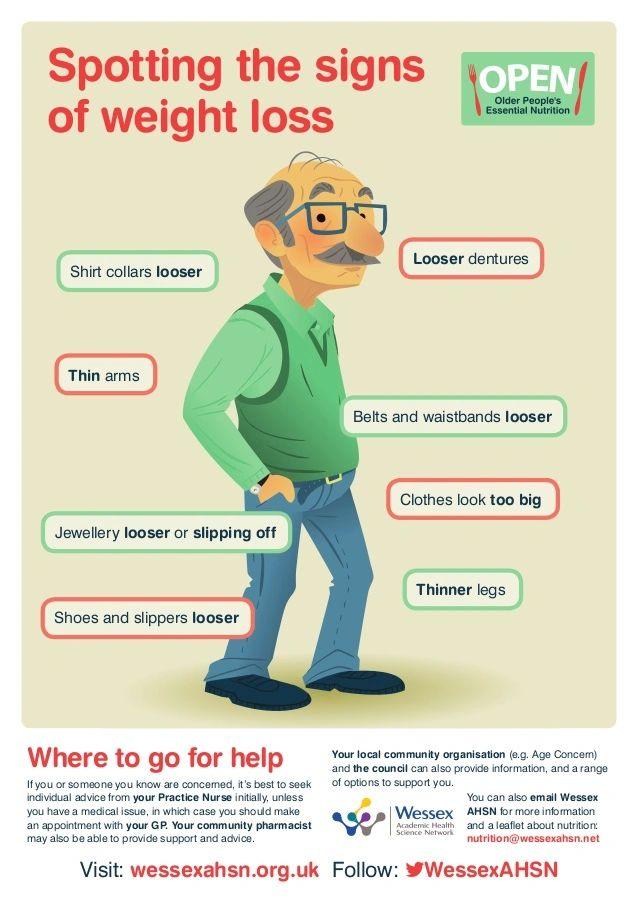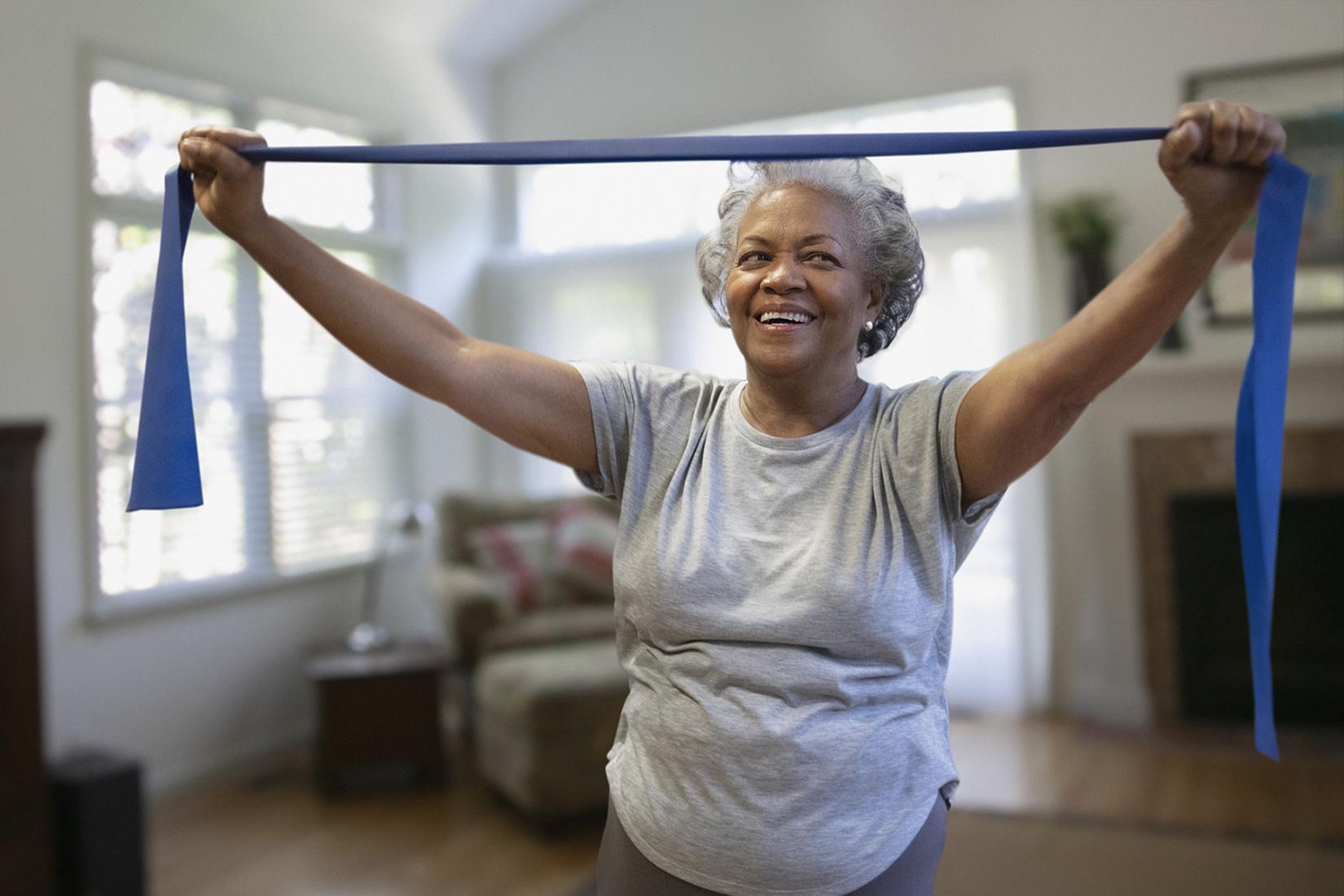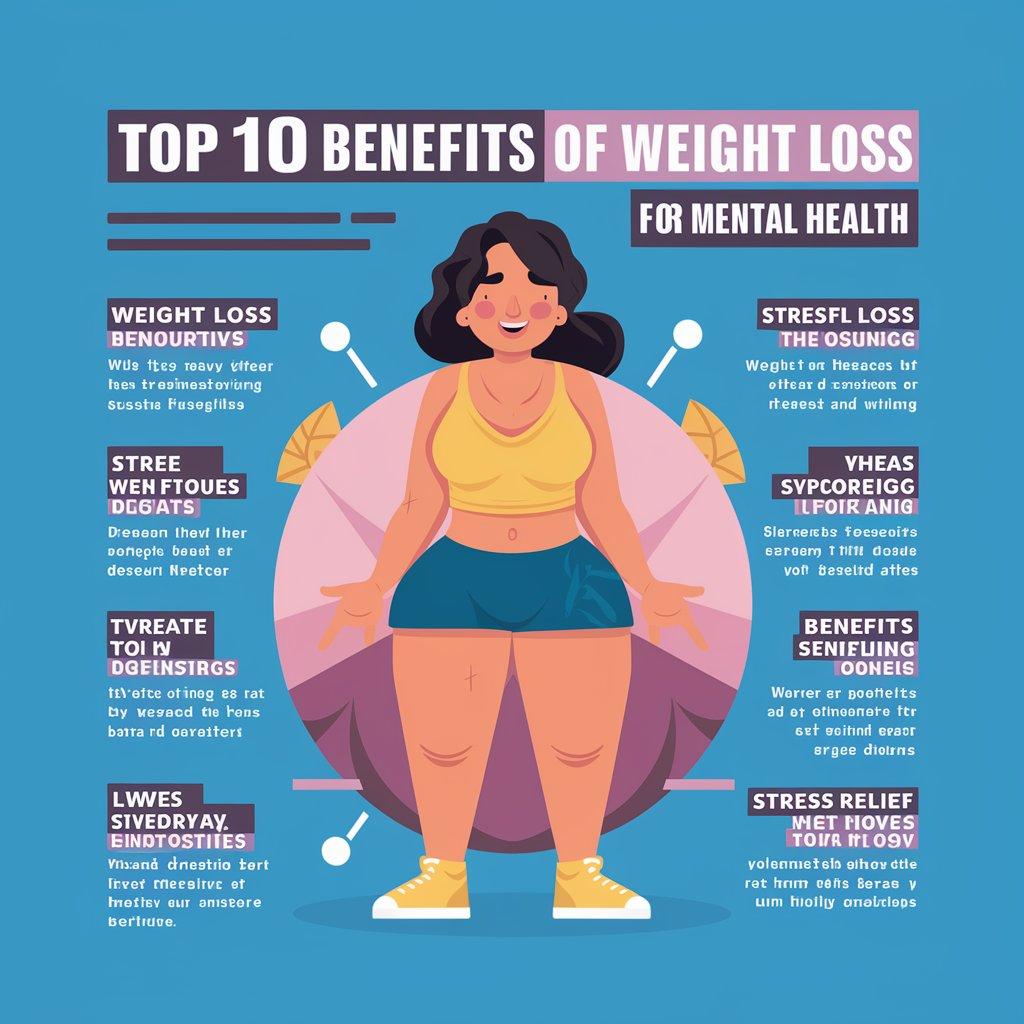Have you ever looked in the mirror and felt like losing a few pounds is just out of reach? You’re not alone. Many older individuals find that shedding weight can be tougher than it used to be, often due to a slower metabolism, changing lifestyles, and even emotional challenges. In this article, we’re going to explore practical strategies that can help you navigate these hurdles and embrace a healthier lifestyle at any age. We’ll discuss everything from simple dietary adjustments to enjoyable ways to stay active, providing you with realistic tips that fit into your daily routine. So, if you’re curious about how to approach weight loss with a fresh perspective and find solutions that truly resonate, keep reading—there’s plenty of valuable information ahead!
Understanding Weight Loss for Older Adults
When we think about weight loss, many of us might picture young, fitness enthusiasts sweating it out in the gym. However, weight loss for older adults isn’t just a matter of aesthetics; it’s intricately tied to health and quality of life. Losing weight can help mitigate chronic conditions such as diabetes and hypertension, but the approach must differ from that of younger individuals. An interesting fact: according to the National Institute on Aging, losing even a modest amount of weight can significantly reduce the risk of developing serious health issues. So, how does one find the right balance?
One key factor is understanding metabolism, which naturally slows down with age, making it essential to reassess dietary habits. Rather than focusing on drastic calorie cuts, consider strategies such as:
- Incorporating more nutrient-dense foods like fruits, vegetables, and lean proteins.
- Staying hydrated, as thirst can be mistaken for hunger.
- Practicing mindful eating, which encourages savoring each bite and recognizing true hunger cues.
These small tweaks can have a ripple effect, leading to healthier choices and, ultimately, effective weight loss.
So, what about exercise? It’s often assumed you need to hit the gym hard to see results, but this isn’t realistic for everyone. Engaging in low-impact activities—like walking, swimming, or yoga—can be equally beneficial and enjoyable. A study published in the journal Gerontology found that engaging in regular physical activity not only helps with weight management but also enhances mental health and maintains mobility. Think of it this way: moving your body doesn’t just burn calories; it enriches life experiences and fosters connections, whether with friends or nature. Embracing a holistic approach to weight loss encourages healthier habits that can be sustained and enjoyed for years to come.

Nutrition Strategies for Effective Weight Loss
In the journey of shedding pounds, especially for those of us seasoned in years, focusing on nutrition rather than just calorie counts can be a game-changer. It’s often easy to fall into the trap of thinking that a strict diet or a relentless exercise regime is the only path to weight loss. However, consider this: the foods we choose can significantly influence our metabolism and how our bodies process fat. For instance, incorporating fiber-rich foods like vegetables, whole grains, and legumes can not only keep you feeling full but also help regulate blood sugar levels. This combination is not just about losing weight; it’s also a great way to reduce the risk of chronic diseases.
Moreover, let’s talk about the power of protein. Many might overlook protein as a weight-loss ally, but research indicates that older adults often require more protein to maintain muscle mass as they age. Imagine swapping out half of your snack choices with a handful of nuts or a yogurt; you’ll not only stave off hunger but also nourish your body. Consider this simple layout for your plate during meals, which can help in making better choices:
| Food Type | Portion Size |
|---|---|
| Non-starchy Vegetables | Half your plate |
| Lean Proteins | A quarter of your plate |
| Whole Grains | A quarter of your plate |
Let’s not forget about staying hydrated; water, as simple as it sounds, plays a crucial role in weight loss. Sometimes our bodies confuse thirst with hunger, leading us to unnecessary snacking. Aim for at least eight glasses a day, but listen to your body and adjust accordingly. If plain water feels boring, why not try herbal teas or infuse your water with slices of citrus or cucumber? These small swaps can keep you refreshed while aiding your weight loss efforts. For further insights, sources such as the Harvard T.H. Chan School of Public Health offer trusted information on nutrition strategies tailored to all ages. Take these tips to heart as you embark on this transformative journey – and remember, it’s about making sustainable changes that fit your lifestyle.

Exercise Tips for Seniors to Boost Metabolism
As we age, our metabolism naturally slows down, which can make weight management feel like an uphill battle. But here’s a silver lining: engaging in regular exercise can give that sluggish metabolism a much-needed boost. Imagine this – just a brisk walk in your neighborhood can enhance not only your mood but also your body’s efficiency in burning calories. In fact, even low-impact activities like swimming or water aerobics can be incredibly effective. Research shows that older adults who incorporate regular physical activity into their routine can increase their metabolic rate and improve overall health. Wondering how to get started? Here are a few simple yet effective tips:
- Strength Training: Lifting weights doesn’t mean you’ll bulk up; instead, it helps maintain muscle mass, which is essential as muscle burns more calories at rest compared to fat. Aim for two to three sessions a week!
- Mix It Up: Don’t be afraid to try different forms of exercise. Dance classes, yoga, and even gardening can raise your heart rate and engage various muscle groups.
- Stay Consistent: Building a routine is key. Find a schedule that works for you, whether it’s a quick 20-minute session or longer workouts on weekends. Consistency yields results.
It’s also essential to consider what you eat alongside your physical activities. A balanced diet rich in protein can support muscle building and repair. Think about incorporating lean meats, legumes, and plenty of fruits and vegetables into your meals. Have you ever noticed how some foods keep you satisfied longer? Foods high in fiber and protein not only aid in digestion but also help stabilize energy levels, enhancing your overall well-being. According to a study published in the Journal of the American Geriatrics Society, combining regular exercise with a healthy diet significantly boosts metabolism and supports weight management in older adults.

Mental Health and Weight Loss Journey
In our society, the weight loss narrative often revolves around the notion that slimmer equals happier. But let’s pause and reflect: how often do we consider mental well-being in this equation? For older individuals, the journey of weight loss isn’t just about shedding pounds; it’s about enhancing one’s quality of life. Imagine a retiree, Bob, who decides to join a local walking group. Initially, he’s solely focused on losing the 20 pounds he feels are holding him back; however, he quickly realizes that the laughter, friendships, and shared stories become his greatest rewards. This illustrates that the pursuit of better health can foster connections that enrich our emotional landscape, forging bonds that make the journey worthwhile.
When discussing weight loss, it’s crucial to challenge common misconceptions. Many believe that severe calorie restriction is the only path forward. However, studies show that sustainable weight loss comes from a combination of healthier eating habits and regular physical activity, rather than drastic measures. Have you ever wondered why some older adults struggle to drop weight despite eating less? It may be due to a slower metabolism or muscle loss, which can be mitigated by incorporating strength-training exercises tailored to their abilities. According to the CDC, engaging in moderate-intensity exercise for at least 150 minutes a week can significantly improve physical and mental health, creating a more holistic approach to weight loss. It’s all about finding that sweet spot where fitness feels rewarding rather than punishing.
Making small, intentional changes is key. Here are a few actionable steps that can set the stage for success:
- Mindful Eating: Encourage awareness of what you eat. This isn’t just about portion sizes; it involves appreciating flavors and textures.
- Social Engagement: Participate in group activities. Whether it’s gardening, dancing, or joining a fitness class, social connections boost motivation.
- Set Realistic Goals: Focus on progress, not perfection. Aim for healthy habits over a specific number on the scale.
These strategies not only foster a healthier lifestyle but also support a positive mindset. Engaging with your community and making smarter food choices can be an incredibly fulfilling experience. Research has shown that those who maintain social ties tend to experience less stress and anxiety, which are often barriers to effective weight loss. So, the next time you think about your weight loss journey, remember: this is as much about nurturing your mental health as it is about reaching your physical goals.

Common Challenges in Weight Loss for Older Individuals
As we age, our bodies undergo a range of changes that can complicate the weight loss journey. One of the most common challenges is a slower metabolism. By our 40s and 50s, many of us notice that we can no longer indulge in those late-night snacks without feeling the consequences. This metabolic slowdown can be frustrating, especially when you’re putting in the effort but not seeing the results you expect. Have you ever wondered how this affects your relationship with food? It might be time to reassess portion sizes and meal timing. Instead of a rigid diet, focus on nourishing your body with wholesome foods and listening to your hunger cues. According to a study published in the Journal of Obesity, staying mindful of what we eat can yield better results than simply counting calories.
Another hurdle many face is the loss of muscle mass that comes with age. This isn’t just about aesthetics; muscle helps burn calories, and when we lose it, our body becomes less efficient at metabolizing food. So, it’s essential to integrate strength training into your routine. Even two sessions a week can significantly help in preserving muscle mass and improving functionality in everyday tasks. Consider activities like lifting weights, Pilates, or even resistance band exercises. Have you tried joining a local class? Finding a supportive community can also bring accountability and make the journey feel less daunting.
the psychological aspect of weight loss can be huge. The pressure to match societal standards or the frustrations from previous attempts can discourage even the most determined individuals. It’s crucial to reframe your mindset. Think of weight loss as a personal journey, focusing on what makes you feel good physically and mentally rather than just the number on the scale. Set tangible goals, celebrate small victories, and remember that every step counts. For inspiration, check out resources like the American Association of Retired Persons (AARP) which emphasizes positive aging and offers valuable tips tailored for older adults. In embracing this holistic approach, you may find more joy—and success—on your path to better health.
The Way Forward
As we’ve explored throughout this discussion, embarking on a weight loss journey as we age can be both rewarding and fulfilling, albeit with its unique challenges. It’s so important to embrace changes in your body with a fresh mindset, focusing on what truly matters: health and vitality. Remember, even small adjustments in your daily routine—like a brisk walk or trying out a new healthy recipe—can lead to positive changes over time. So, take a moment to reflect on your own experiences: what small steps could you take today to enhance your well-being? Share your thoughts, ideas, or even your own weight loss successes in the comments below. You’re not alone in this journey, and together, we can inspire each other to make healthful choices that lead to a vibrant life. Remember, every step counts, and with every effort, you’re not just losing weight—you’re gaining strength, confidence, and a renewed sense of purpose.





